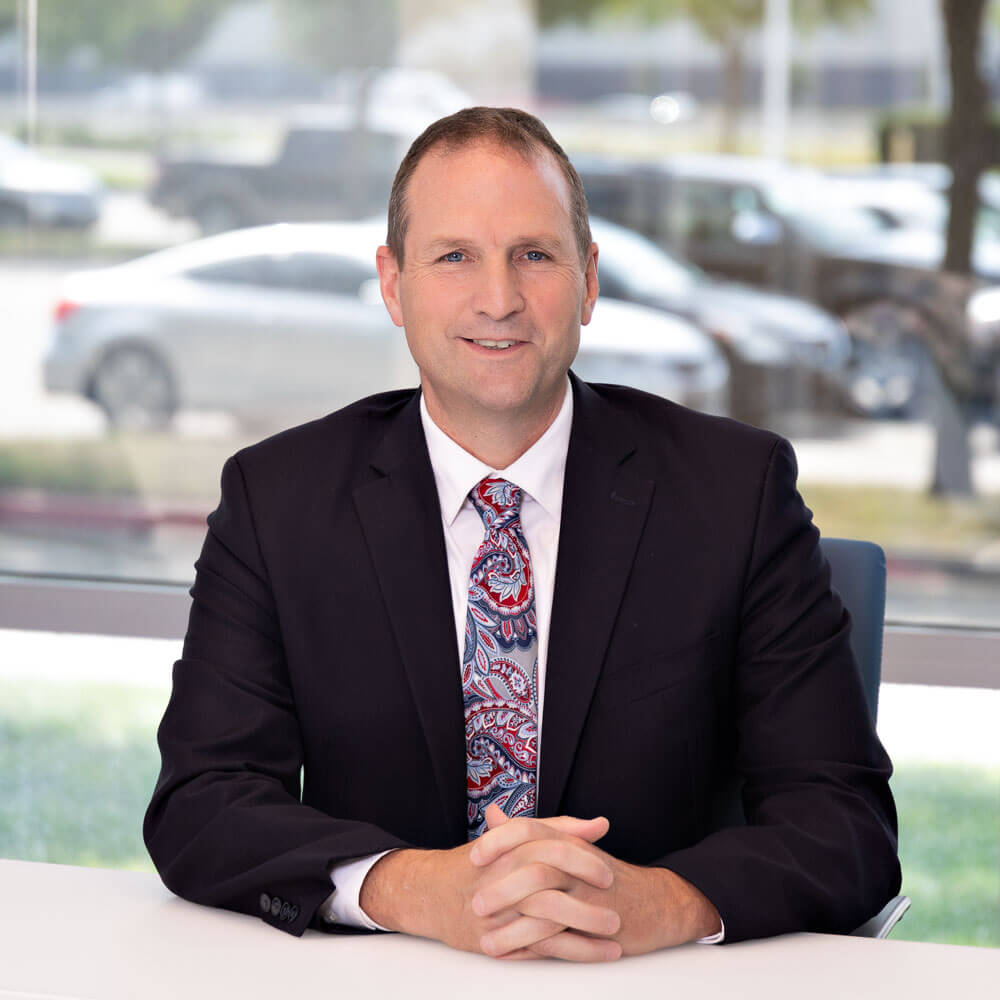Jul 21, 2021
3 Ways Peer-Based Support Transforms SUD Treatment
Peer-based recovery support (PBRS) has existed for centuries. Individuals who provide non-clinical peer support help engage, educate and support others on recovery journeys, and more often than not, they have been on their own recovery path. In this blog, we will discuss 3 ways peer-based support transforms SUD treatment.

EVP & Executive Director, Heritage CARES
Perhaps Narcotics Anonymous says it best: “[T]he therapeutic value of one addict helping another is without parallel.” (NA Basic Text, 68) Most mutual aid models focus on volunteerism and the concept of service. Peer support, sponsorship, and mentorship were provided free of charge as a way of “giving back.”
Evolution of recovery coaching
Trained PBRS professionals have also become more prevalent over the past decades. Mental health peers came on the scene in the 1970s. That movement’s success opened the door for substance use disorder PBRS, also known as recovery coaches. For the last 20 years, professional recovery coaching has rapidly expanded.
Recovery coaching is critical to the process. The benefits to the individual are apparent and include:
- The unique power of lived experience
- PBRS expertise in navigating a fragmented system of care
- Believable hope represented in the peer’s recovery
Heritage CARES combines virtual support and certified peer coaching for people working to recover from substance use disorders (SUD). We have seen our coaches engage with people who don’t want to engage. For example, a Heritage CARES peer coach was working virtually with an individual in recovery. The individual was disengaged entirely and resisting conversation. Then the coach saw a guitar in the back of the room. He asked about it. The individual admitted he’s always wanted to play but just never found the time. So, the coach offered to give him lessons at their regular sessions, which the individual readily agreed to. And just like that, the individual re-engaged.
Recovery coaching for treatment retention
The value added to the system at large is less obvious but no less powerful. It includes an enthusiastic, robust, and cost-effective workforce of peers for the rehabilitation profession and healthcare industry to tap into. And it’s a workforce uniquely positioned to engage and retain more people in treatment. Recovery coaches, in turn, will drive improved outcomes and lift up any provider that fully embraces peer-based recovery support. Progressive treatment centers that genuinely integrate peers represent the future of SUD services. When determining the role of peers in the continuum, astute treatment providers should keep in mind the following three ways PBRS can transform recovery treatment outcomes:
- Retention. Recovery coaching is known to increase retention in clinical services and improve attendance to scheduled programming. Simply put, people will show up for appointments and follow through at a higher level when peer support is involved, especially if peer support staff receive training in assertive engagement and retention strategies. An emphasis on building rapport and assertive outreach is essential. The professional peer should own the relationship and work hard to maintain the connection. No more “come and get it if you want it.”
- Finishing treatment. A peer coach also helps drive up treatment completion rates and drive down “against medical advice” rates. Patients leaving against medical advice is problematic on many fronts. We know that one of the leading predictors of long-term recovery is treatment completion. When a patient stops treatment against medical advice, it is bad for the patient and the provider, frustrating the practice’s staff and creating administrative headaches—not to mention financial fallout.
- After-care follow through. Coaches help ensure follow through with after-care plans and increase the likelihood of engagement across various recovery pathways. It is a game-changer for patients coming out of residential rehab settings when after-care is always a struggle. Too often, people do not follow through. Recovery coaches increase the likelihood that patients will engage in the various recovery pathways available to them.
We predict that professional recovery coaching will become a widely accepted, mainstream service in the future. We encourage those reading this to be early adopters and embrace the new addition to the treatment continuum.
The founding CEO of two not-for-profit organizations and two for-profit behavioral healthcare-focused businesses, Rich Jones currently serves as executive vice president and executive director for Heritage CARES.